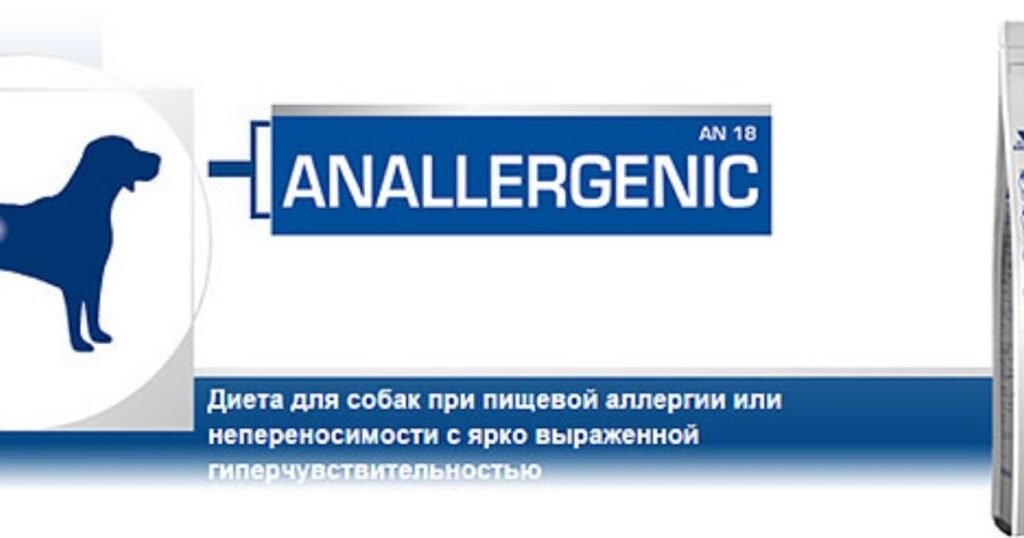
Anallergenic dogs can be great companions with the right care
If you’re allergic to dogs but crave their companionship, you’ve probably heard of the term Anallergenic Dog. But let’s be honest for a moment, are these dogs really the answer to your emotional and physical struggles, or are they just a trend sold through wishful thinking?
As a psychologist, I’ve worked with clients who deeply desire emotional bonds with pets yet live with chronic allergy symptoms. The hope that a dog can soothe anxiety without triggering sneezing or asthma is very real and so is the disappointment when expectations don’t match reality.
Let’s walk through this together, as clearly and honestly as possible.
What Exactly Is an Anallergenic Dog?
The term Anallergenic Dog refers to breeds said to cause minimal allergic reactions. These are not magic pets; they still produce dander, saliva, and skin particles but at lower levels than others. It’s more about managing exposure than eliminating it.
The problem is, the term itself is not medically recognized. You’ll see it tossed around by breeders and marketers. Some call them allergy-free dogs, hypoallergenic pets, or non-shedding breeds. But no dog is 100% allergy-proof.
So, what are we really talking about? Coping, not curing.
Is Getting an Anallergenic Dog an Emotionally Safe Choice?
Owning a dog when you’re allergic is a conflict between desire and physical limits. I’ve seen people spend hundreds on breeds that promised relief only to return them in heartbreak.
You need to ask:
- Can I handle minor reactions emotionally and physically?
- Am I willing to commit to strict grooming and cleaning routines?
- Is this decision being made from hope or from research?
Think of this not as a pet choice, but as a lifestyle decision.
Which Breeds Are Often Labeled as Anallergenic?
Here are breeds commonly believed to be more tolerable for allergy sufferers (though again, there’s no guarantee):
- Poodle (and Poodle mixes) :tight curls trap dander
- Bichon Frise : light, low-shedding coat
- Portuguese Water Dog :minimal shedding, active personality
- Maltese : soft, silky fur, but needs regular care
- Schnauzer – comes in all sizes and has a wiry coat
These are low-allergy dogs, not allergy-free dogs. Reactions vary person to person. Always spend time with a breed before committing.
Pros and Cons of Living With an Anallergenic Dog
Pros
- Emotional support without full allergy attacks
- More manageable grooming for sensitive people
- Easier to live in small spaces with less fur floating around
Cons
- No dog is truly anallergenic
- Expensive upkeep and grooming
- Possible emotional distress if symptoms still occur
Psychological Impact: When the Heart Wants What the Body Resists
This is not just about biology. It’s about attachment, hope, and coping. If you’ve grown up longing for a dog but battling allergies, this isn’t just a decision, it’s a dream being tested.
I always advise clients to:
- Be honest with themselves
- Talk to an allergist before adopting
- Test breeds before buying
- Build a cleaning strategy before bringing a dog home
There’s no shame in choosing your health and mental clarity over your heart’s desire—but there’s also hope if you’re prepared.
Lifestyle Tips for Managing Life With an Anallergenic Dog
- Use HEPA air filters in all main living spaces
- Brush your dog outside to control dander indoors
- Use hypoallergenic pet shampoos
- Keep your dog out of your bed and limit them to certain rooms
- Clean floors and upholstery regularly
Don’t Rush It Test Before You Commit
The best advice? Borrow before you buy. Try a trial weekend with a breed you’re considering. Your reaction will tell you more than any online promise.
Also, consider adoption over breeders. Check places like One Parish for opportunities to meet dogs who may already suit your needs.Managing sensitivities often starts with the right diet. Some pet owners explore options like adding apple cider vinegar to dog food—see what vets say about its benefits and risks.
Conclusion
If you’re willing to work at it emotionally and physically, an Anallergenic Dog can bring joy without constant health compromise. But don’t make the mistake of thinking you’re buying a cure. You’re buying a companion and all companions require patience, care, and flexibility.
Frequently Asked Questions
What is considered an anallergenic dog?
An anallergenic dog is a breed known to produce fewer allergens like dander and saliva. It doesn’t mean allergy-free, just less reactive.
Are anallergenic dogs safe for asthma sufferers?
Some people with asthma find certain breeds more tolerable, but no dog is completely safe. Always test with short visits before adoption.
What dogs are least likely to trigger allergies?
Breeds like the Poodle, Bichon Frise, and Maltese are popular choices. These are often labeled as low-allergy dogs or hypoallergenic pets.
Can regular grooming make a dog more anallergenic?
Yes. Consistent grooming reduces dander buildup and loose fur. It’s a big part of managing allergy symptoms while owning a dog.



